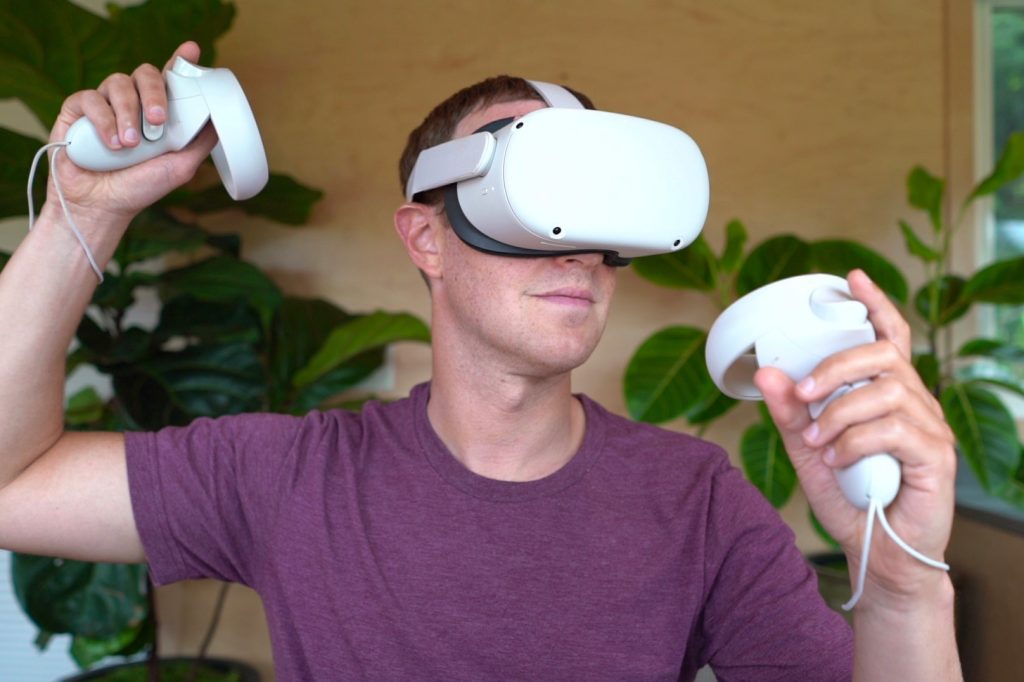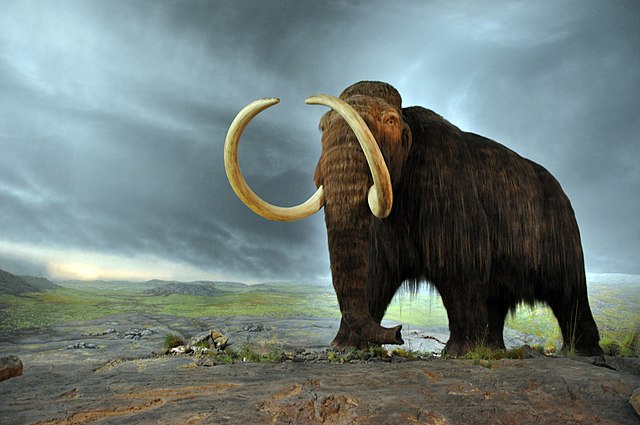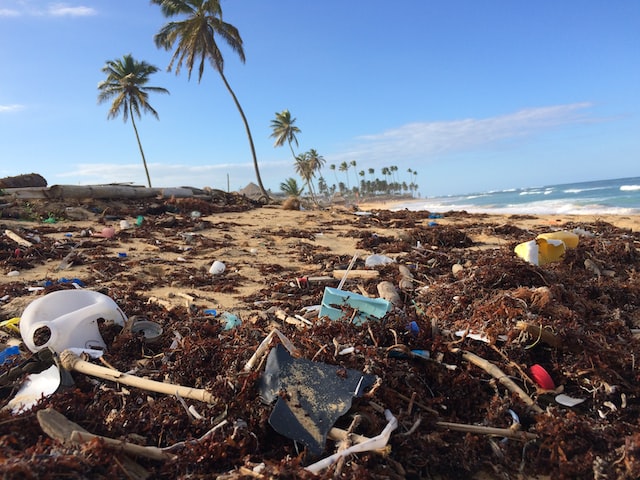On Friday October 28th, 2021, Mark Zuckerberg announced that Facebook’s new name would be Meta, which was perceived as a clear step towards the long-awaited metaverse. Since then, Zuckerberg’s company has shown clear signs of what it wants for its future: the often-mentioned metaverse, a space in which people can coexist combining aspects of the physical world with the digital spectrum, giving the sensation of being together. He expects the Metaverse to be the successor of the Internet as we know it today, as well as of his company, which led him to make this decision whose impacts are not yet known.
Some of the company’s first intentions are to create virtual reality spaces where people can meet and socialize, as well as shop, socialize, share and other activities. The first manifestations will be in the form of avatars, which will adapt the precise characteristics and gestures of their owners.
In the realm of tourism, Immersive Virtual Traveling and Virtual Reality Tourism hold immense tourism potential, especially given the urgency of curbing climate change. Some travelers are becoming more conscious about the way they choose to travel. Local destinations and Virtual Reality Tourism could become a desired option in a new world where constant air travel is no longer tenable.
The tourism alternatives that the Metaverse offers could be a complement with enormous potential, and this is an opinion also shared by tourism professionals. It will be an evolution of the market, but it will not be able to replace the travel experience, at least not in the near future. According to the World Economic Forum (WEF), the ways in which the metaverse might change the way we live keep growing.
1. The metaverse and the future of work
The pandemic brought about many changes to the way we work, with remote and hybrid work patterns becoming commonplace. The metaverse could provide the next significant shift, creating an opportunity for immersive working that goes beyond what’s possible on Zoom and Microsoft Teams.
The “Working It” podcast team at the Financial Times has been diving deep into the potential for the gamification of work, how the metaverse could change our relationships with our colleagues and how we can keep up productivity when working in avatar form. Professional services company Accenture says 150,000 of its new hires will spend their first day of work in the metaverse.
2. WEF unveils virtual Global Collaboration Village
The World Economic Forum is embarking on an ambitious new journey to harness the potential of the metaverse as a platform for collaborative, inclusive and effective international action. The Forum, in collaboration with Accenture and Microsoft, is building a Global Collaboration Village as the virtual future of public-private cooperation. It will provide immersive spaces where stakeholders can convene, create and take action on the world’s most pressing challenges.
3. McKinsey forecasts a a multi-trillion dollar business opportunity
In a report published at the recent World Economic Forum Annual Meeting in Davos, McKinsey cites research predicting that the metaverse could create trillions of dollars in value for businesses. The metaverse could allow companies to engage consumers in entirely new ways while pushing brand innovation in new directions, the report says.
According to the consulting company, there’s evidence of an early rush to invest in the metaverse. “In 2021, metaverse-related companies reportedly raised upward of $10 billion, more than twice as much as they did in the previous year,” the report states.
4. UAE opens police station in the metaverse
In the United Arab Emirates (UAE), routine functions like car licensing still involve an annual visit to a police station. All that is changing according to a report in Gulf News, with officers at one UAE police station making themselves available in avatar form.
The officers in Ajman communicate with members of the public in virtual spaces, with both parties using VR headsets to interact.













